- Home
- Products
- Thermal Transfer Ribbon Slitting MachineThermal Transfer Ribbons Packaging MachineFoil Slitting MachineGold Foil Slitter RewinderHot Stamping Foil Slitting machineAutomatic Foil Roll Cutting MachineManual Foil Roll Cutting MachineFoil Rewinding MachineCustom SlitterCustom Slitter Machines
- New Energy Ultra-thin Film Slitting MachineNew Energy Ultra-thin Film Slitting Machine For Capacitive FilmNew Energy Ultra-thin Film Slitting Machine For MOPPNew Energy Ultra-thin Film Slitting Machine For MPETAdhesive Tape Slitting MachineTransparent Adhesive Slitting MachineDouble Sided Adhesive Slitting MachineSingle Sided Adhesive Slitting Machine
- Slitting MachineHigh Speed Slitting MachinePET Film Slitting MachineBopp Film Slitting MachinePVC Film Slitting MachineCopper Foil Slitting MachineAluminium Foil Slitting MachineMini Slitting MachineCorrection Tape Slitting MachineLabel Slitting MachinePhoto & Card Print Ribbon Rewinding MachinePhoto & Card Print Ribbon Slitting MachineCustomerized Slitter
- Paper CorePlastic Tube Cutting MachinePaper Tube Cutting MachineAutomatic Paper Core Cutting MachineSemi Paper Core Cutting MachineManual Paper Core Cutting MachineAutomatic Paper Core Notch Punching MachinePaper Core Notch PuncherPaper Core Loading MachineHelping Machine Mini Trolley
- Services
- About Us
- Contact
Search for anything.
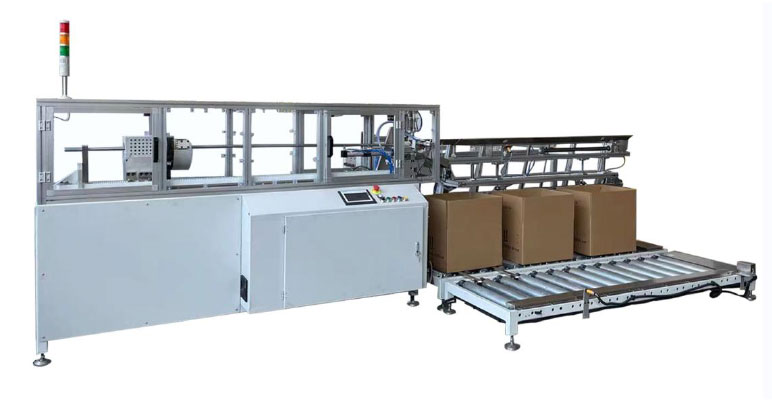
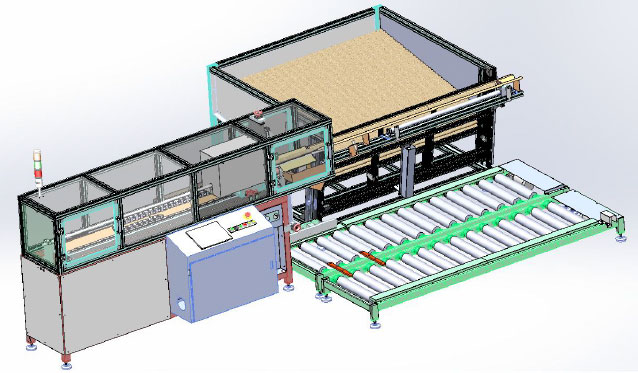
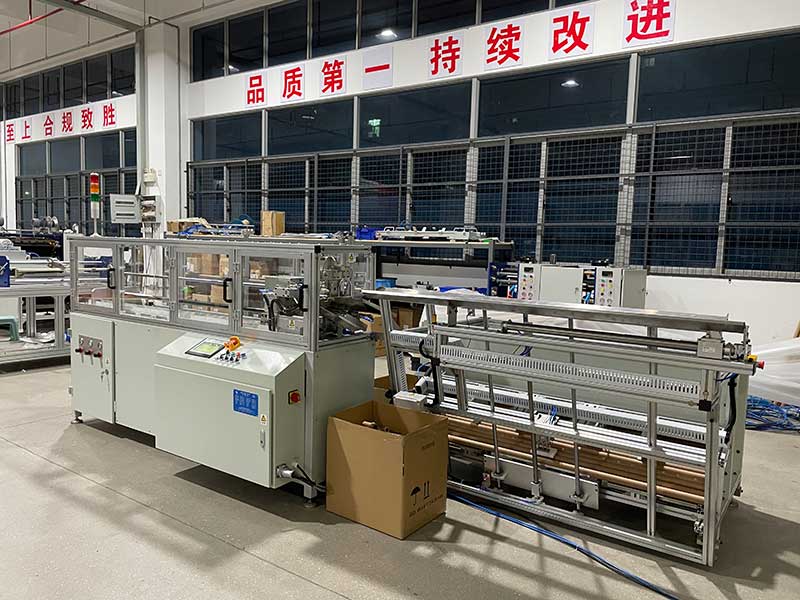
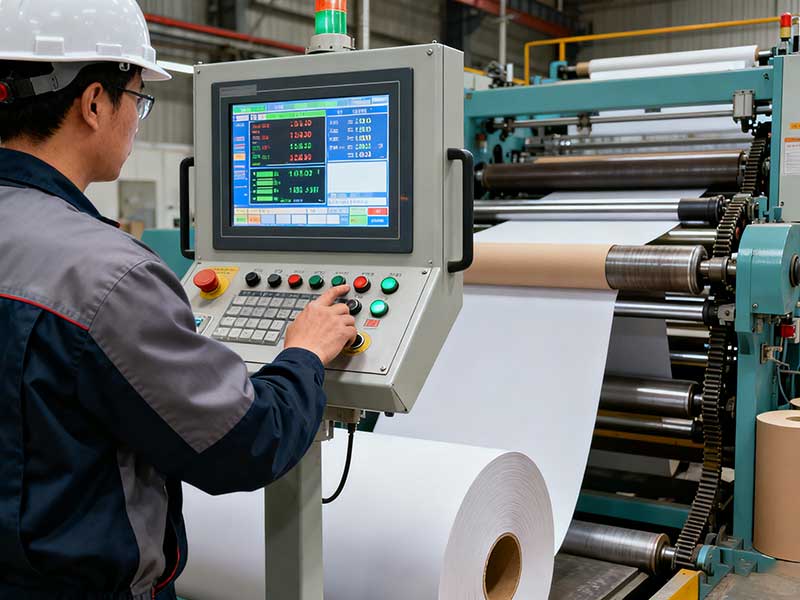
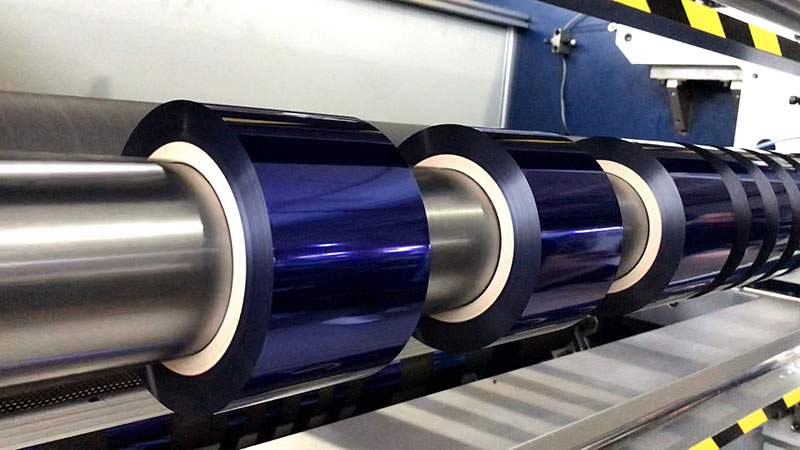
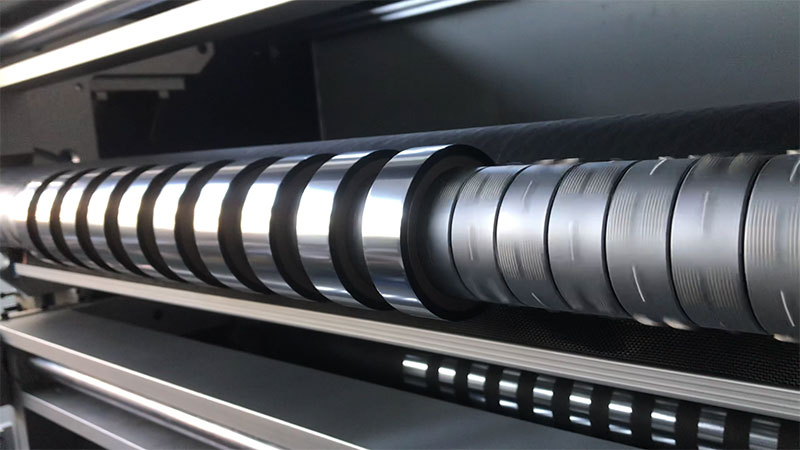
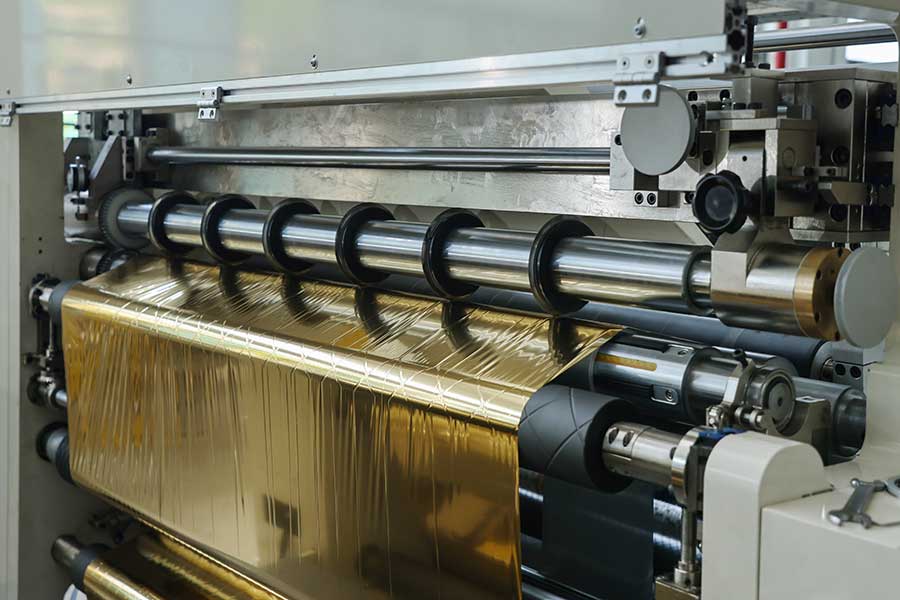
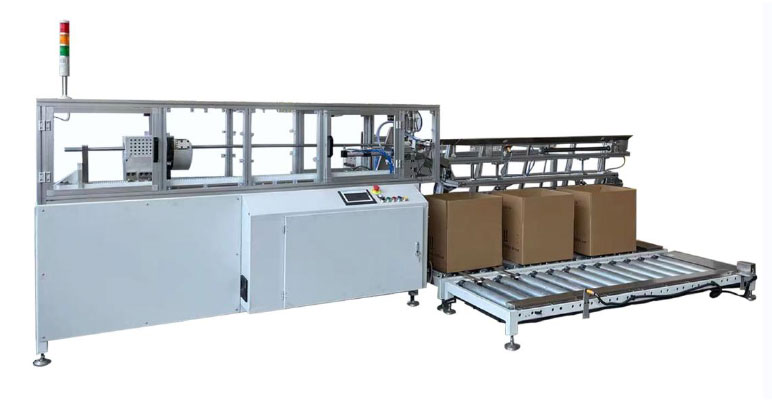 Automatic Paper Core Cutting Machine
Automatic Paper Core Cutting Machine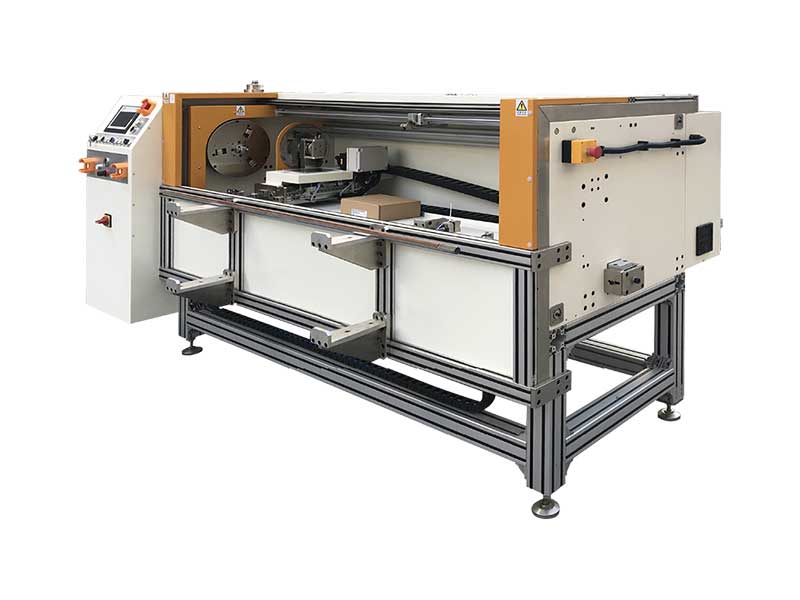 Automatic Foil Roll Cutting Machine
Automatic Foil Roll Cutting Machine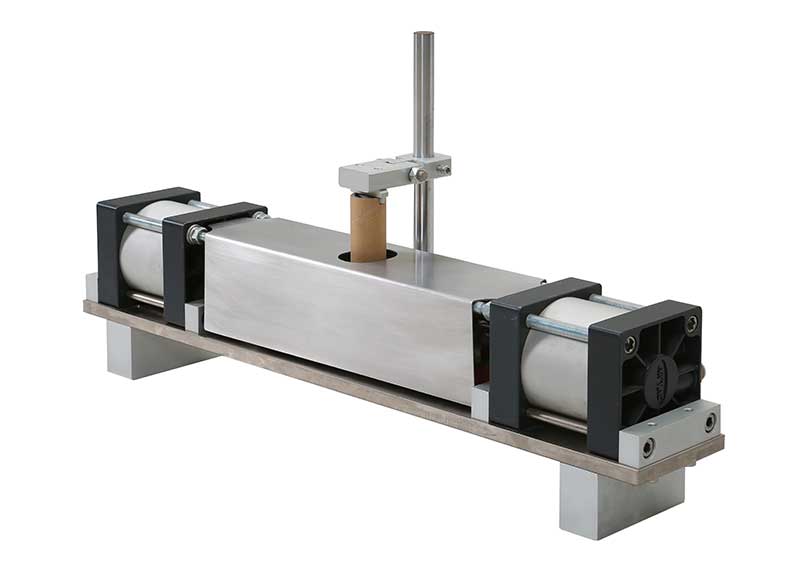 Paper Core Notch Puncher
Paper Core Notch Puncher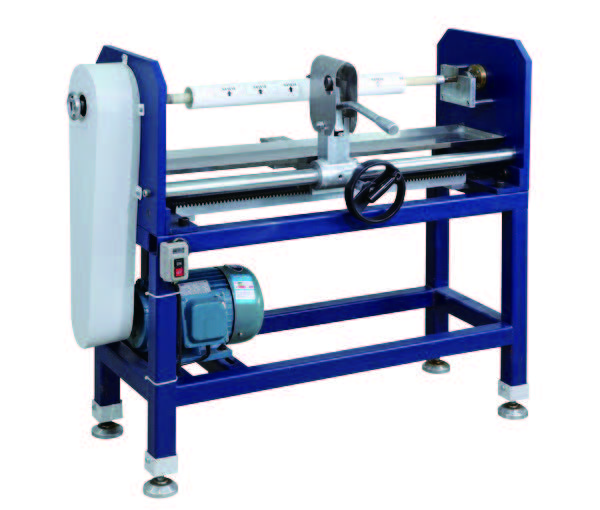 Manual Foil Roll Cutting Machine
Manual Foil Roll Cutting Machine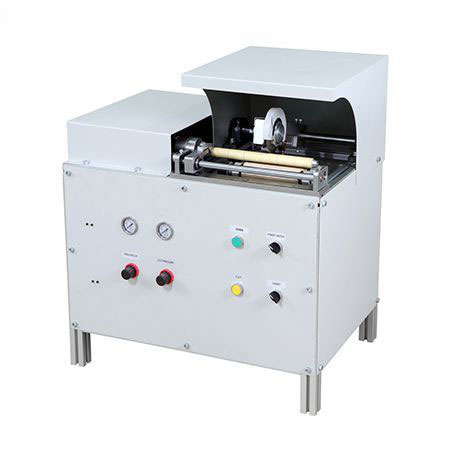 Manual Paper Core Cutting Machine
Manual Paper Core Cutting Machine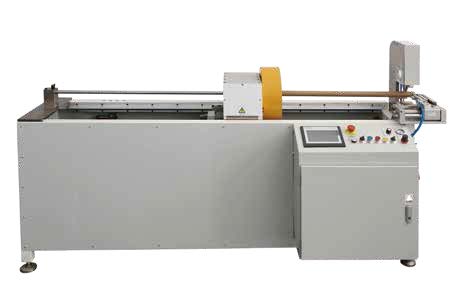 Semi Paper Core Cutting Machine
Semi Paper Core Cutting Machine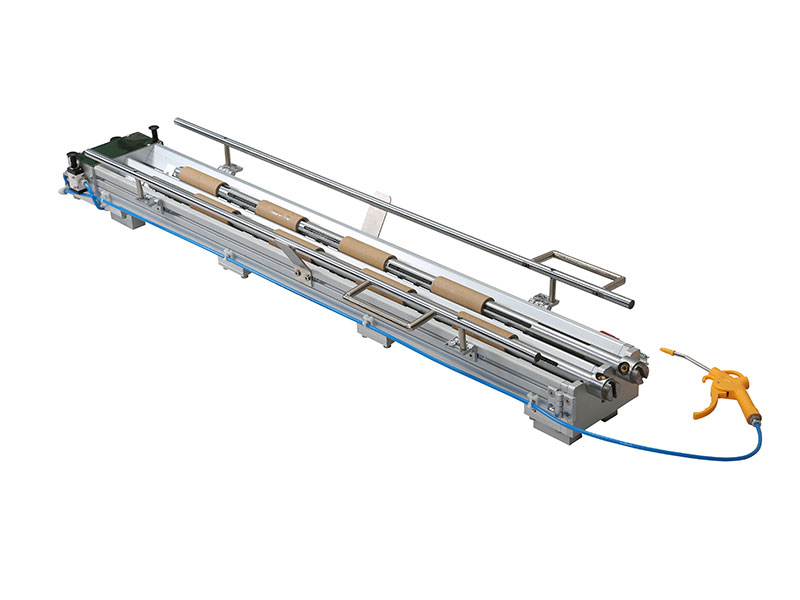 Paper Core Loading Machine
Paper Core Loading Machine



